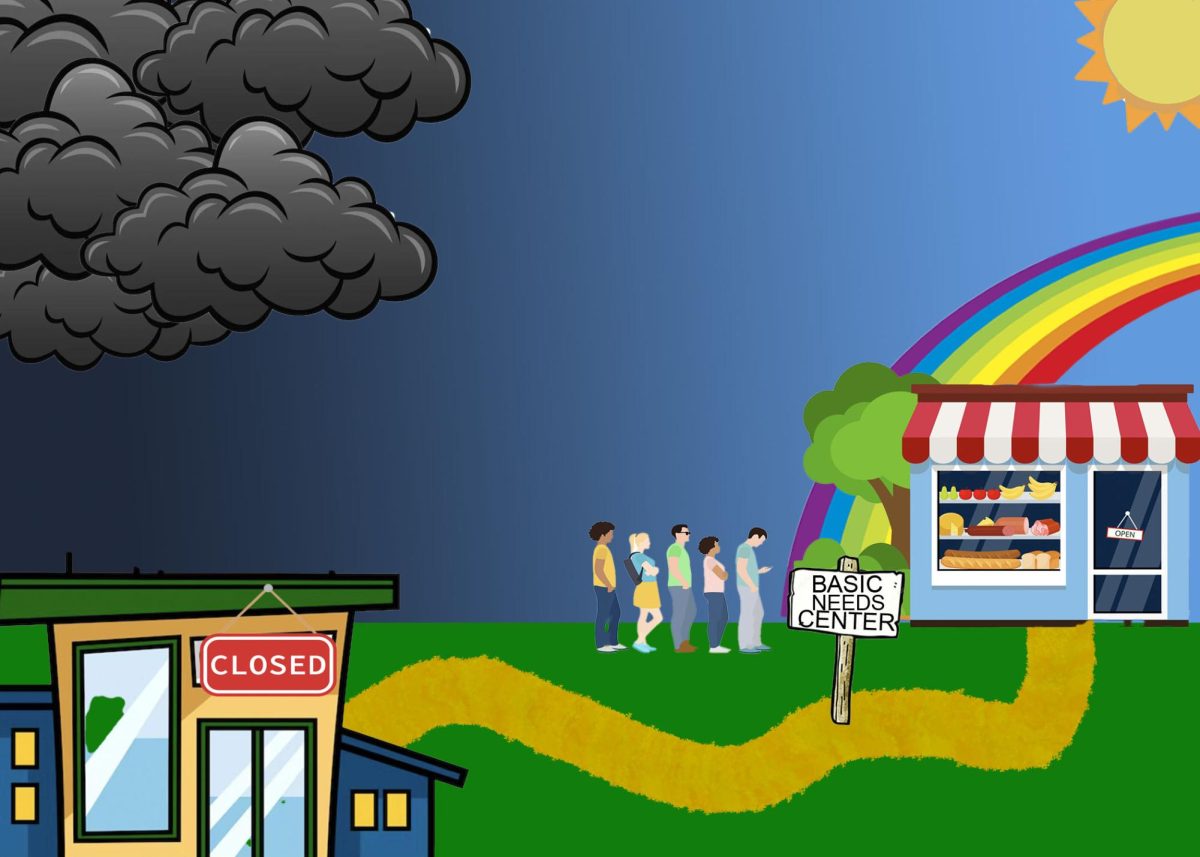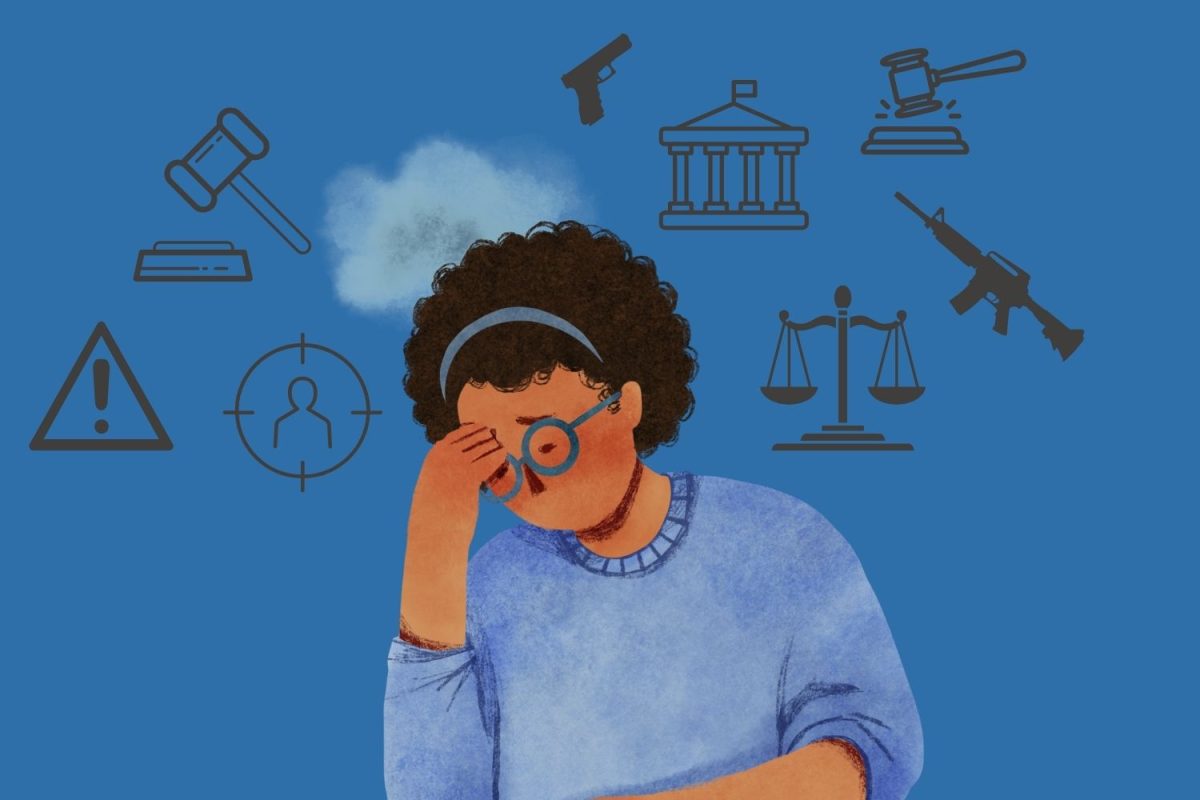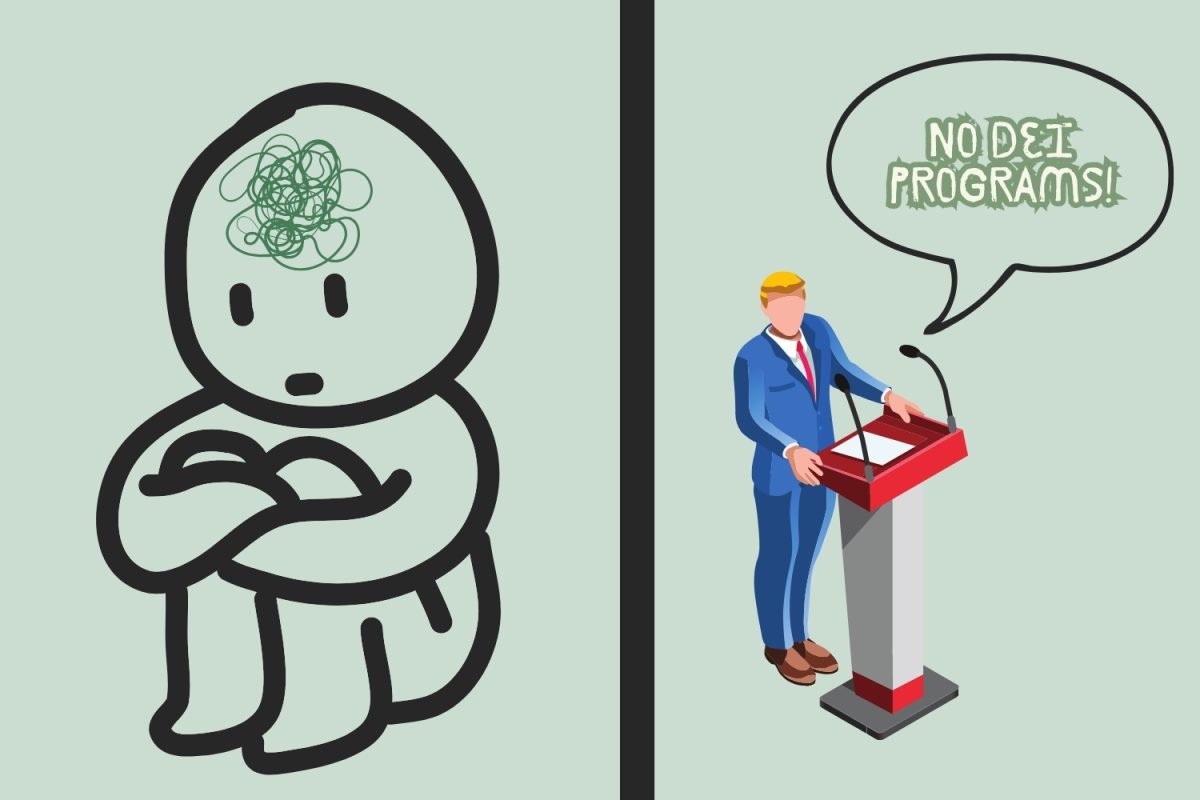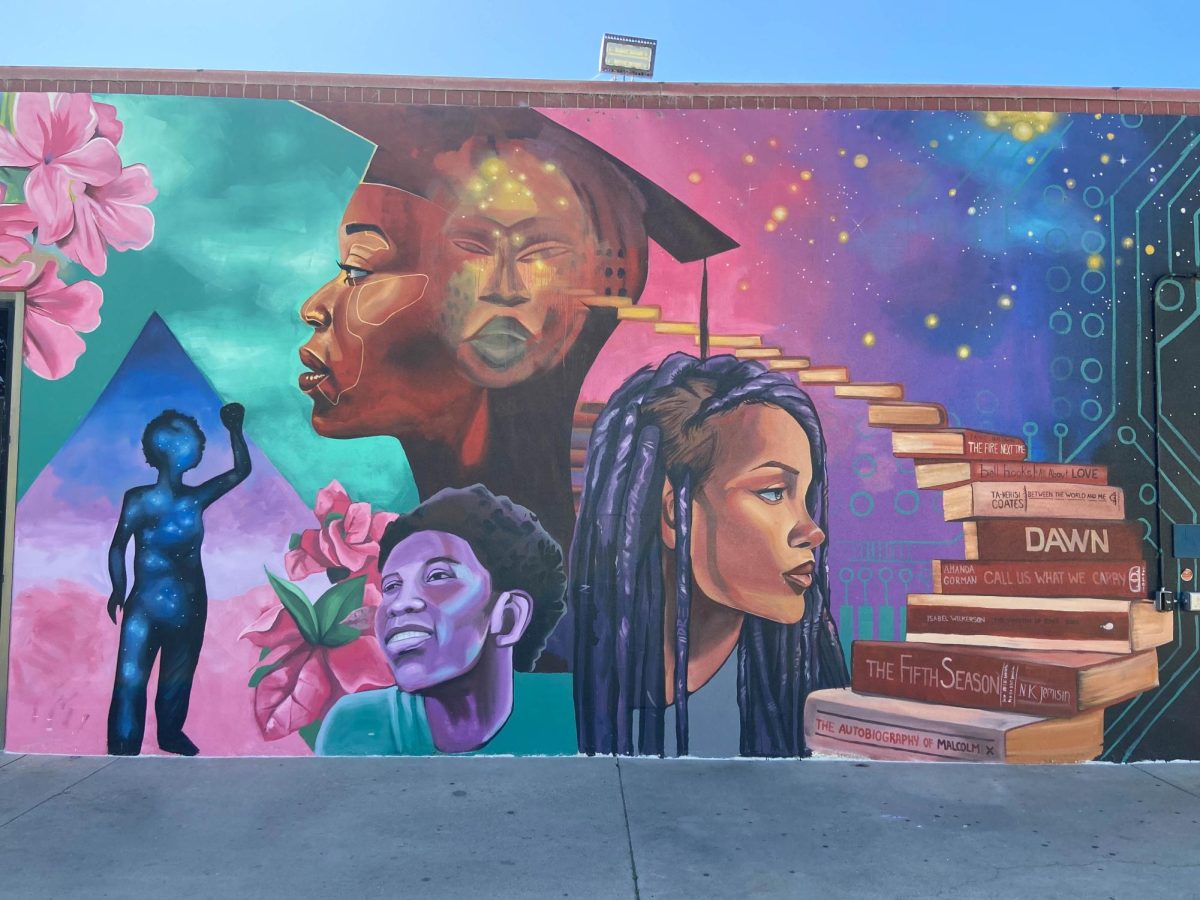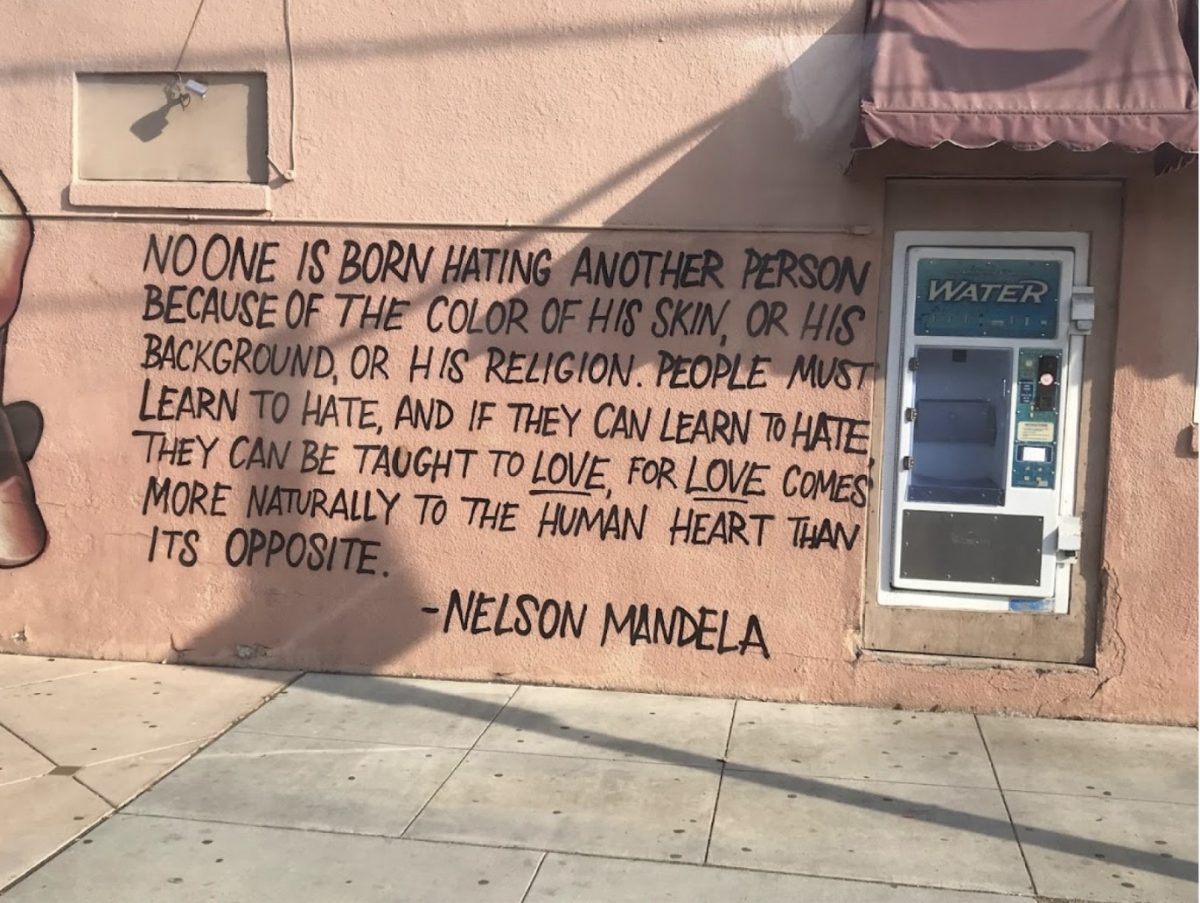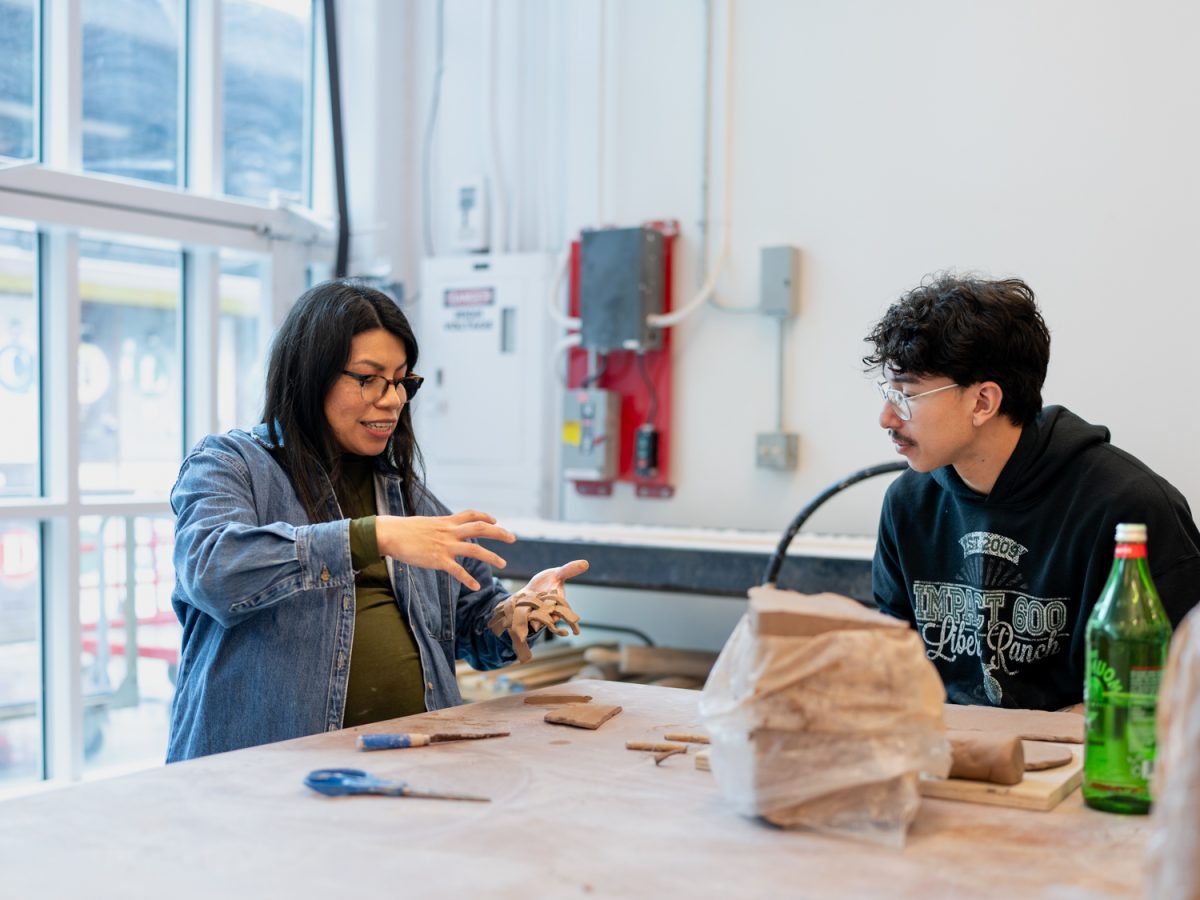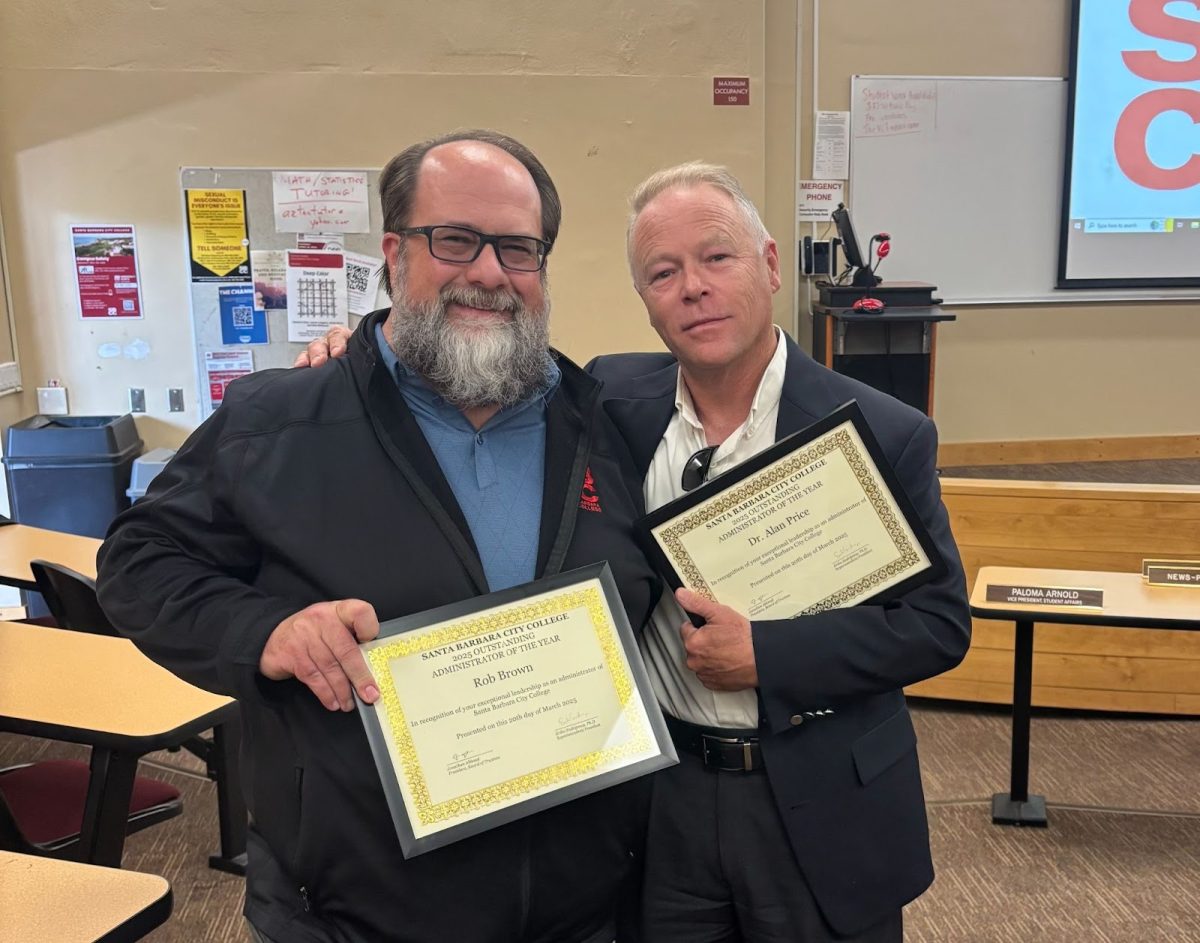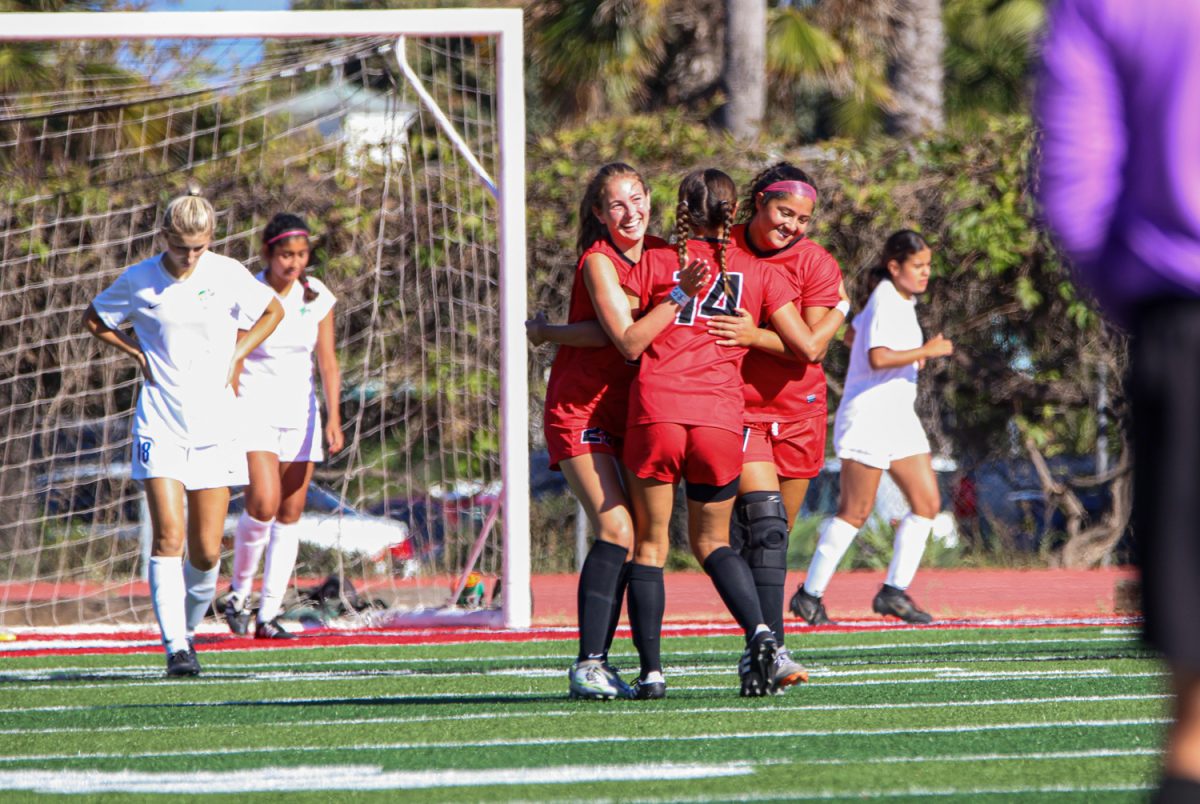During the light of day, there appears to be no shortage of food options on City College’s campus. This abundance of food is the reality for the 93% of students who have classes during the day, but what happens to the other 7% once the sun goes down?
The English as a second language program (ESL) is taught exclusively in the evening, when all food options on campus are closed. The majority of these students are underprivileged, and come straight from work to their evening classes with no time to stop for food. Raquel Hernandez, the ESL program’s administrative assistant, has begun to take matters into her own hands, but can only do so much for so long.
“At one point, I bought sandwiches out of my own pocket and then resold them here so that they actually just had something,” Hernandez said. “I can’t keep pulling out of my own pocket.”
The ESL program needs a nutritional option for its students, but because of a lack of funding, the cafeteria cannot afford to stay open during the evening. Hernandez has suggested bringing a food truck to campus during the evenings, re-opening the “Buzz Shack” – a grab-and-go food car – and getting vending machines on East Campus; none of which have come to fruition.
“We just want an option,” Hernandez said. “They become like your family, so you want to help them in any way you can.”
Although the food services department, which covers the cafeteria and vending machines, has failed the evening college students, Miguel Cruz, coordinator at the Basic Needs Center, is doing what he can to help both morning and evening students have the nutritional resources they need to succeed.
“The task is we have so many more students to help with the same amount of people, same budget, and we just have to get creative [about] how we can expand the services or expand food products with the same budget,” Cruz said. “It really is going to take a village. It’s going to take all of City College to get on deck and collaborate with us.”
The Basic Needs Center provides free food and emergency housing to any student in need. However, the lack of funding has diminished the center’s food supply, especially with an increase in students coming in for food since the post-pandemic enrollment increase.
Cruz aims to destigmatize coming to the Basic Needs Center to get food. Though he knows it can be shameful at times, he aims to create a safe and plentiful environment for students, regardless of the lack of funding.
“I really think that we need to take care of each other as a community,” Cruz said. “We’re going to try to do everything in our power to help any students that come.”
The notion that eating is the most important way to ensure a good school day is something that has been drilled into student’s heads for decades. Has this message gotten lost somewhere along the way, or is it simply overlooked because of the small number of students being affected by these issues at City College?
“It’s only 7% of [all] students, but 100% of [ESL] students,” Hernandez said. “That number is much heavier for us.”
All students deserve equal opportunities to succeed, but without proper nutrition, evening college students do not get an even playing field. Individuals like Cruz and Hernandez cannot keep fighting this fight alone, and City College must band together as a community to support the unseen students who begin their learning after dark.
Correction: April 16, 2024
A previous version of this story misstated the name of the food truck “Buzz Shack” on campus with “Buzz Jack.” Additionally, a previous version of this story contained the informal word “gonna” instead of the phrase “going to.”


